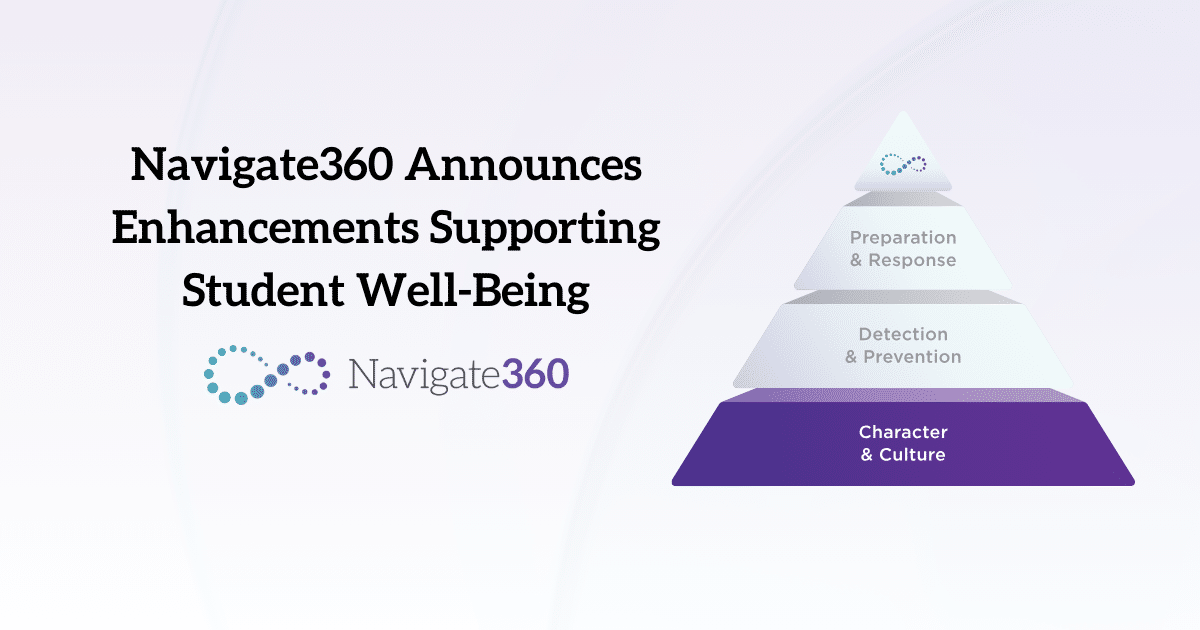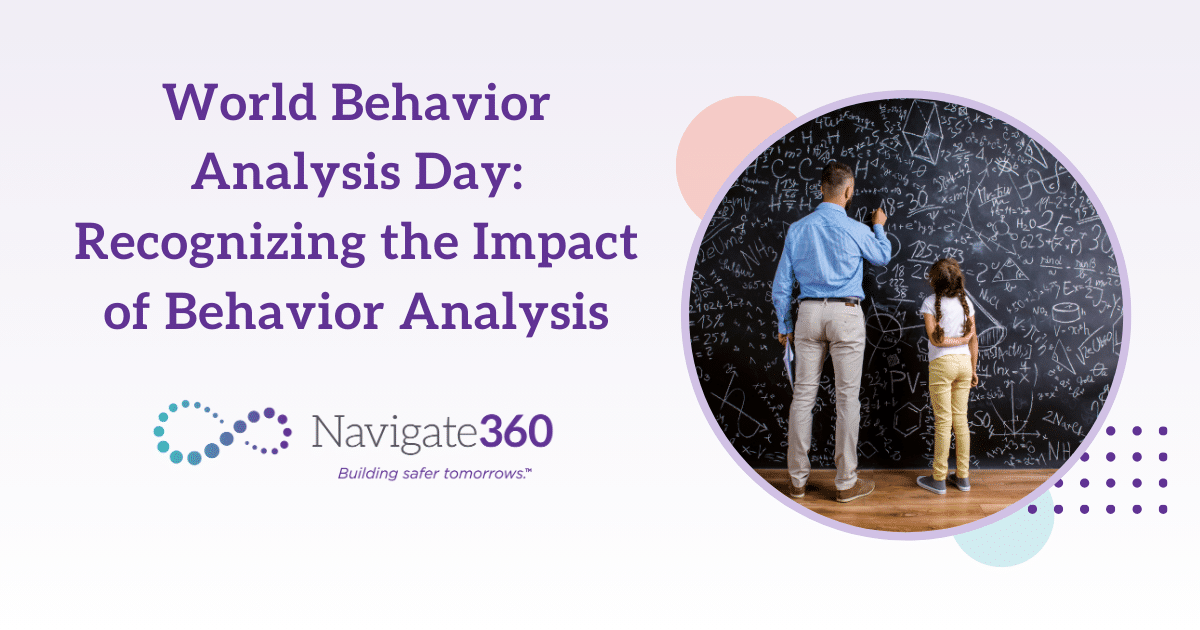Preventing youth suicide is everyone’s responsibility, and it begins with listening to the ones who know what’s going on most – the students in your schools.
It seems elementary, but I truly believe that if you want to know what is happening in your schools, just ask your students. They seem to know everything and are rarely surprised when something happens. How many times do you hear students say the following after an incident?
“Oh, everyone saw that coming.”
“I wish someone would have done something about that kid last time.”
“Why can’t adults see these things before they happen?”
As a leader in this space, it pains me every time I hear these types of comments after a tragic event. It puts a fire in my belly and makes me wonder why all schools (or states) aren’t doing everything they can to prevent the preventable.
Giving students a way to share what they know by opening a consistent flow of communication while instilling trust is imperative in schools today. A school’s anonymous reporting tool is a critical part of engaging students in sharing what they know to help their peers – including preventing youth suicide.
When students are engaged in a respectful, thoughtful and meaningful manner, they will respond in extremely healthy and helpful ways. We learn as we go, but we need to continue leaning into one another, sharing best practices and trends with each other to determine what works and what doesn’t. The key ingredient, without a doubt, is the willingness to implement a program that provides an avenue for information-sharing that your students can buy into, trust and use.
Modernizing Your School’s Anonymous Tip Reporting Tool to Prevent Youth Suicide
For decades, students have been asked to call hotline numbers or perhaps even visit certain websites to submit tips. The most successful schools that implement the P3 Campus anonymous tip reporting program are asking students to use the platform to “share their concerns regarding any troublesome behavior.”
The most frequently reported concerns from students, and about students, are focused on suicide/self-harm, bullying and drugs. This aligns with the disturbing trends reported in schools and communities across the country. These tips generally receive instant feedback from a team member or a crisis counselor through our two-way chat function, which evolves into an anonymous “conversation” that leads to appropriate and timely interventions that result in the prevention of many youth suicides.
As a result of the COVID-19 pandemic, we’ve witnessed many changes around student behavior. Isolation has sparked an uptick in several undesirable areas of focus. Depression, anger, hate, bullying, cutting, suicidal ideation and drug abuse are trending in the wrong direction. As leaders in our states, communities and schools, we need to proactively address these trends in order to keep students safe.
Breaking the Code of Silence with P3 Campus Anonymous Tip Reporting Tool
When I heard the district superintendent where my four sons go to school say, “I really don’t believe we have those types of problems here, and I don’t know if I prefer the liability of knowing – or the liability of not knowing,” it stung. That attitude can prove to be a deadly one if school administrators have the mindset that “it can’t happen here,” or even worse, they don’t want the liability of knowing.
To be honest, this wasn’t the first time I heard that comment. I had heard it before, but this time, it really brought a systemic problem into focus for me. It’s no wonder our students have developed a code of silence when administrators are not willing to recognize that kids play a vital role in the overall wellbeing of their school ecosystem.
On the other side of the coin, I am proud of the work that has been done to break this code of silence in more than 30,000 schools with P3 Campus. It’s not always an easy task to undo years of siloed information. As can be expected, it comes down to people willing to put in the work.
At the 2019 Nationwide Summit on Statewide School Safety Tip Lines, I heard it said multiple times, “It hasn’t been easy, but it sure has been worth it.” We are very fortunate to have 9 statewide P3 Campus partners, and I feel it’s important to recognize their work in these efforts:
- Colorado
- Louisiana
- Maryland
- Missouri
- Nevada
- North Carolina
- Pennsylvania
- Wisconsin
- Wyoming
These states understand that students are the pulse of social-emotional and physical wellness within the school environment and that students know things parents and teachers do not. They hear it in the halls, the locker room, or on the bus, and they are provided with a clear and trusted way to share that information to help prevent issues from escalating.
It’s Time to Take Action: Use Anonymous Tip Reporting to Prevent Youth Suicide
If you could prevent someone from doing harm to themselves or others, wouldn’t you? I believe you would, and our kids’ lives depend on it.
Let’s work together to break the code of silence. Build teams that are prepared to take action, regardless of time of day or type of need. Ask your students to engage – and then pay attention to what they are telling you. It isn’t always clear, and it isn’t always easy, but it is ALWAYS worth it, and we can move forward together.




